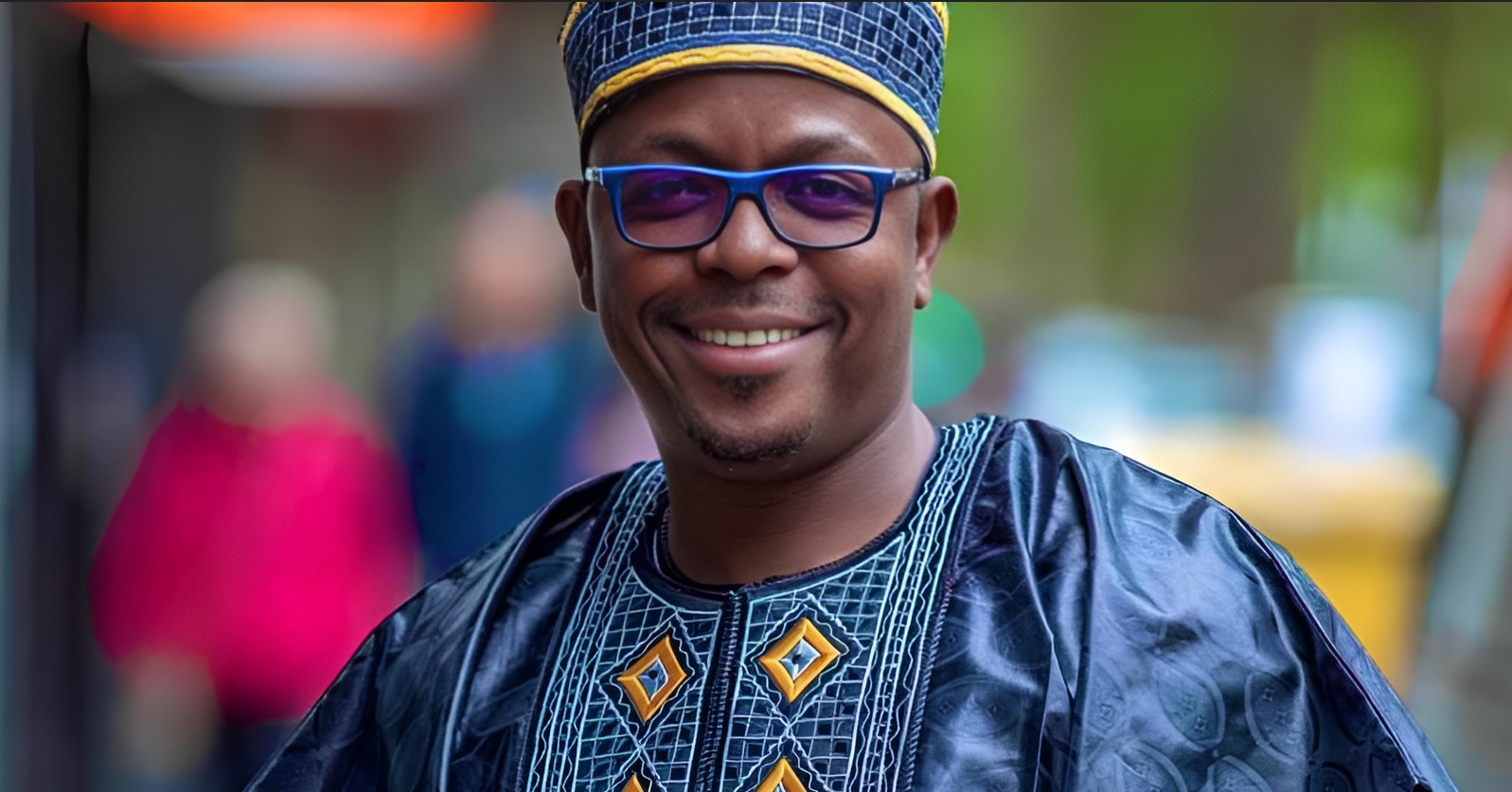
The remains of Burkinabe activist Alain Christophe Traoré, widely known as Alino Faso, were returned to Ouagadougou on Monday, August 18, three weeks after his death in controversial circumstances while in custody in Côte d’Ivoire.
His repatriation has sparked a wave of emotion in Burkina Faso and reignited tensions between the two West African neighbours.
A military aircraft transported the coffin to Ouagadougou International Airport shortly before 2 p.m., where it was received by a large crowd of mourners and a government delegation.
The body was then taken to the Bogodogo morgue.
Supporters, artists, influencers and ordinary citizens gathered in significant numbers outside the gendarmerie station near the airport to pay tribute to the activist. Many described him as “a man whose acts of generosity are well-known and recognized,” echoing the widespread sense of loss felt across the country.
Several high-ranking officials attended the solemn reception, including the ministers of Foreign Affairs, Communication, Security, and Territorial Administration.
Paul Kéré, president of the Ouagadougou High Court, also joined dignitaries in paying respects to the late activist, who had become a prominent voice for digital activism and civic resistance.
Alino Faso was found hanged on July 24 in a detention cell at the Gendarmerie Academy in Abidjan, where he was being held. While Ivorian authorities maintain he took his own life, the Burkinabe government has questioned this account, describing the Ivorian handling of the case as “disrespectful” and pledging to uncover the full truth.
Abidjan’s prosecutor, Oumar Braman Koné, stated that the detainee had “privileged” conditions, including access to television, selected meals and heightened security, rejecting any claims of mistreatment. A judicial investigation has been opened in Côte d’Ivoire.
The case has deepened an already fragile relationship between Burkina Faso and Côte d’Ivoire. Ouagadougou has summoned the Chargé d’Affaires of the Ivorian embassy for explanations and vowed that “Alino Faso’s death will not go unpunished.”
Since the rise to power of Captain Ibrahim Traoré’s military regime, relations between the two countries have been strained, marked by incidents involving security forces along their shared border. The death of Alino Faso, a symbol of freedom of expression and resistance, has added further pressure, with Burkinabe authorities urging the population to remain mobilised “to reveal the truth” surrounding his controversial death.



